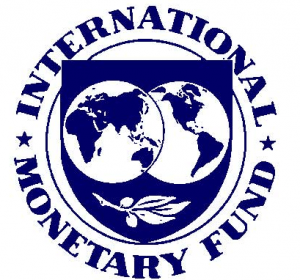IMF says Ghana financial, economic programme on track
 The International Monetary Fund (IMF) says Ghana’s financial and economic programme is on track and that the government has met almost all the performance criteria, Mr Joel Toujas-Bernate, IMF Africa Department Division Chief, said on Tuesday.
The International Monetary Fund (IMF) says Ghana’s financial and economic programme is on track and that the government has met almost all the performance criteria, Mr Joel Toujas-Bernate, IMF Africa Department Division Chief, said on Tuesday.
“The programme is on track, with all performance criteria met except for the ceiling on central bank financing to the government, which was technically missed by a small margin,” Mr Toujas Bernate told a press conference in Accra.
The programme, which began in April aims to stabilize the economy, bring down inflation and a high debt to GDP ratio.
He said the mission welcomed commitment to the ambitious fiscal consolidation and structural reforms programmes, in addressing payroll irregularities, enhancing public finance management and transparency and liberalizing the oil distribution sector.
However, he said, more was needed to be done to further enhance tax administration and eliminate tax exemptions to improve the revenue performance over the medium term.
Mr Toujas-Bernate forecasts economic growth in 2015 to remain broadly around 3.5 per cent and welcomed efforts to address the electricity shortages by bringing new private financed power plants in the coming months.
“This will be critical to support a rebound in growth next year. However, inflation remains higher than expected on the back of a larger than projected depreciation of the cedi and rising oil prices,” he said.
He said fiscal consolidation is on track as at end of April, excluding the payment of dividend by the Bank of Ghana (about 0.4 per cent of GDP) in March.
Good revenue performance and containment of the wage bill and other spending as programmed contributed to this positive outcome.
“No new arrears were accumulated in the review period and past arrears were repaid as planned. With higher projected oil revenues, the overall cash deficit is expected to be slightly lower than programmed for the year as a whole.”
He said the use of gas in the production of electricity should also reduce pressures on the foreign exchange market and allow the central bank to rebuild its external reserves to a higher level than programmed by year-end.
Source: GNA
